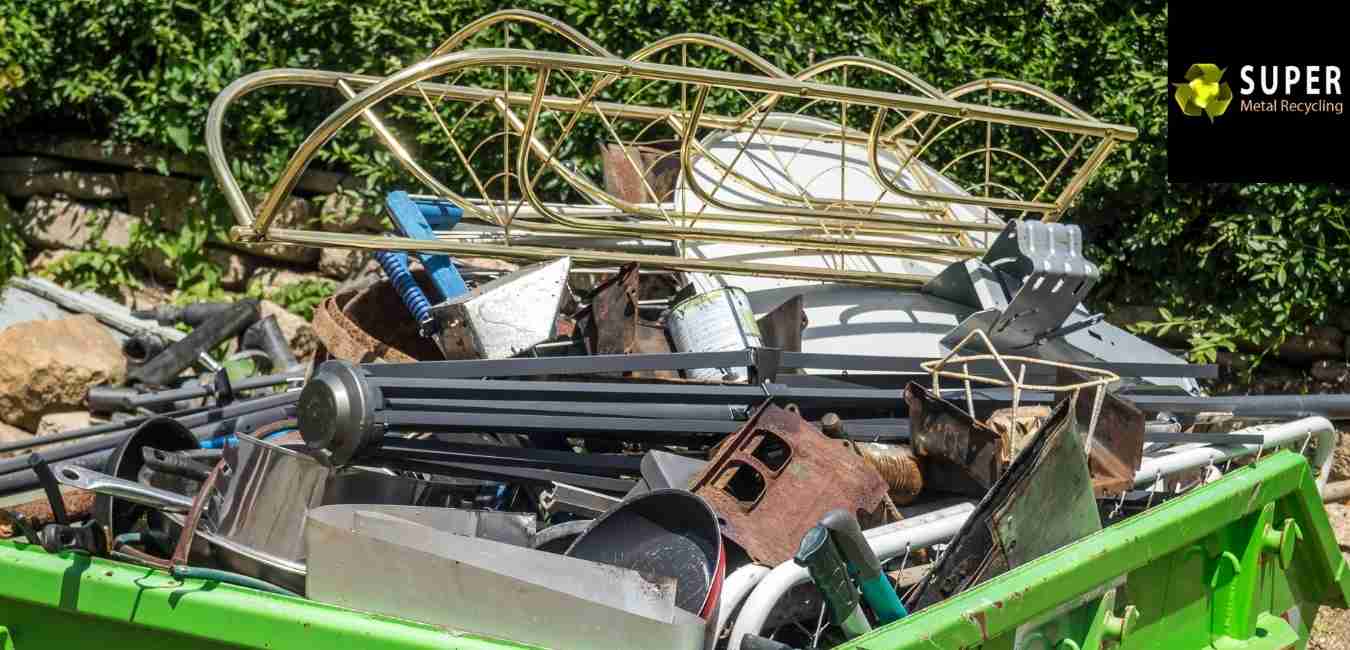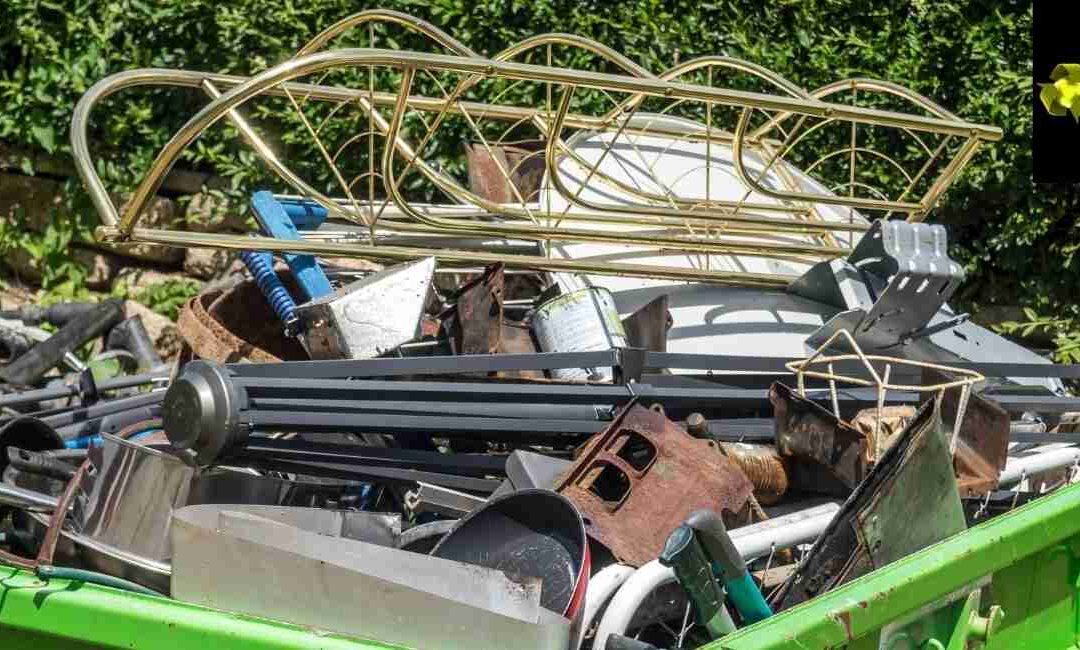When the metal products we use in our everyday lives are no longer useful, they are either discarded or recycled for use in other products or projects. Because metal is a resource that can be recycled over and over without any loss in quality, recycled materials are just as useful to manufacturers and builders as freshly mined and forged metals. Thanks to this element’s unique trait, collecting scrap metal for profit is a common—and sometimes profitable—endeavor.
The Difference Between Ferrous and Nonferrous Metals
Before you start collecting scrap metal for profit, it’s important to know the difference between ferrous and nonferrous metals. The distinction between the two is the presence of iron. Ferrous metal is magnetic and contains iron, which makes it stronger than its counterpart, while nonferrous metal is more pliable and resistant to corrosion.
Typical ferrous scrap items submitted for recycling include things such as old machinery, stoves, refrigerators, freezers, and automobile engines. Nonferrous metal recyclables, meanwhile, typically come from copper wire and piping, brass fixtures, aluminum siding, chairs, and old computers. The following breakdown lists which category different types of metals fall into.
Ferrous Metals
- Alloy steel
- Stainless steel
- Carbon steel
- Wrought iron
- Cast iron
Nonferrous Metals
- Aluminum
- Brass
- Copper
- Gold
- Iridium
- Lead
- Magnesium
- Palladium
- Platinum
- Silver
- Tin
- Zinc
Getting Into Scrap Metal Collection
After learning to recognize various types of scrap metal, it’s useful to become acquainted with local scrap yards and their personnel. By building relationships with local dealers, you will get a better understanding of material grades and identification, along with pricing and other opportunities.
The closest dealer may not be your best bet. Some dealers, for example, may not deal with entry-level collectors, or may only take certain types of metals. There are also other considerations such as price paid, and whether payment is by cash or check. It’s also useful to understand how scrap metal pricing works. Pricing tends to fluctuate with daily marketplace activities, so keeping current on pricing trends is important.
There are a number of ways to stay up to date with the latest metal prices.
Where to Find Scrap Metal
Determine where your best opportunities are for finding scrap and develop collection routes. This may include small businesses, auto repair shops, demolition sites, plumbing businesses, and residential collection. If you find businesses that regularly generate scrap, you may wish to create a route that would include periodic pickup. It may be worth your while to arrange to drop a bin at a business to accumulate scrap.
How Recycling Is Beneficial for the Environment
Although recycling may not currently be as profitable as it once was, there are still plenty of upsides to collecting scrap metal for recycling. One of the main benefits of recycling is that it helps keep unused items from landfills and lessens the need to mine and process new metals, which preserves resources.
Recycling metals like aluminum, for instance, requires 95% less energy than it does to produce it from raw materials. It also reduces the metal industry’s carbon footprint.
Super Metal Recycling is based in Dandenong, Victoria, servicing for all types of Scrap Metals, Unwanted Cars, Junk Cars, Free Car Removals, Wrecked Cars, Smashed Cars, throughout Melbourne Metro areas. We offer cash for Scrap Cars, specialise in Old Car Removals, Car Wreckage Removal, Recycling of old cars and Scrap Metal Recycling.
If you are at Endeavour Hills, below is the best way to visit us.



Recent Comments